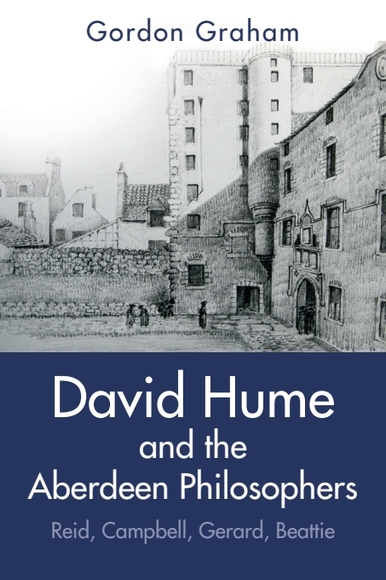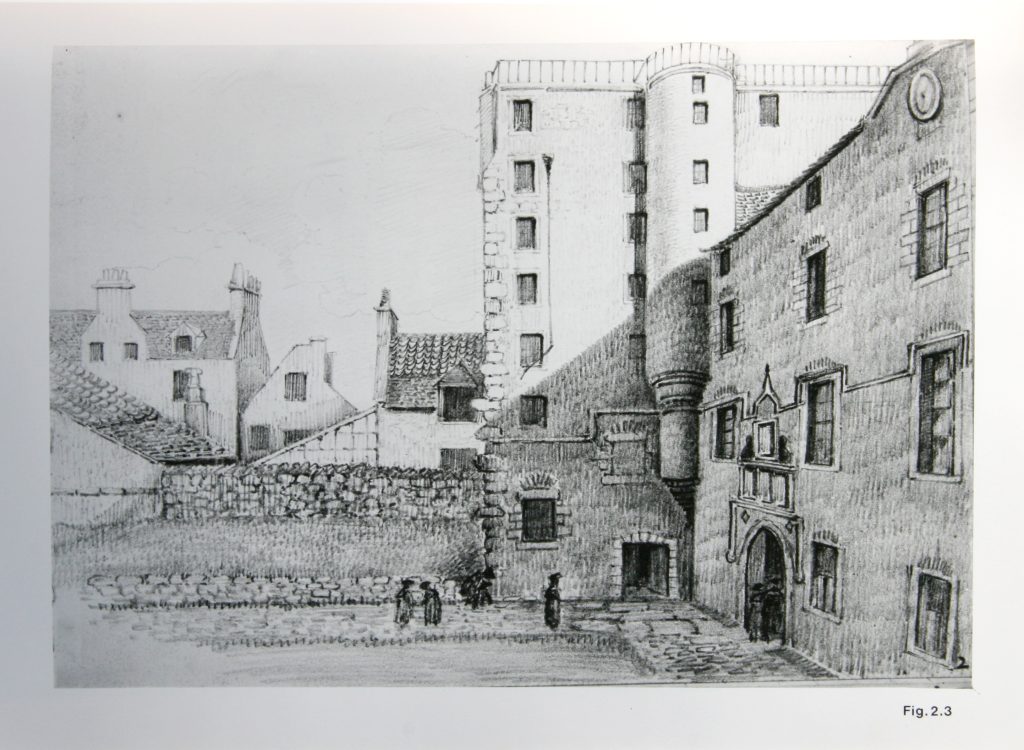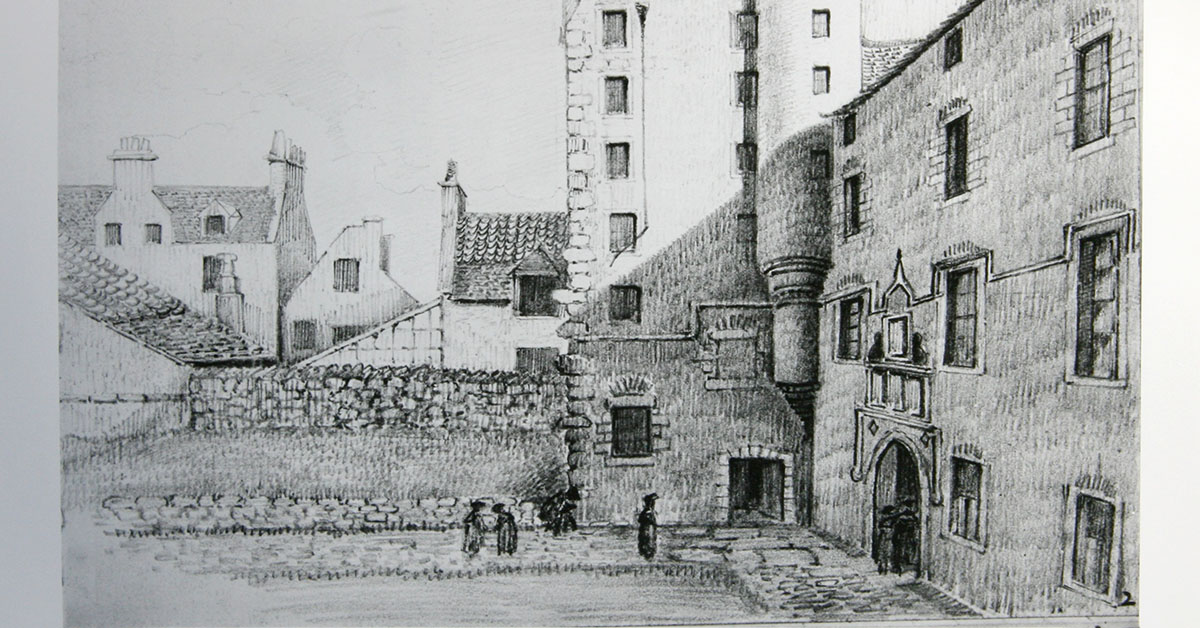

Gordon Graham is the author of David Hume and the Aberdeen Philosophers, which rediscovers David Hume’s contemporary critics to systematically investigate the merits of Thomas Reid, George Campbell, Alexander Gerard and James Beattie.
By Gordon Graham
David Hume could be described as the philosophical darling of Scottish Enlightenment studies. It was not always so. Despite his prominence in contemporary philosophical debate as well as in the history of philosophy, Hume thought of himself primarily as an historian. And it was indeed as the celebrated author of a six volume History of England that he made his fortune. At one point, he even dismissed his most famous philosophical work – the Treatise of Human Nature – as a juvenile work, and set about re-writing and republishing it in two sets of essays. The purpose of this impressive effort was to shake off his reputation among contemporaries as a religious and philosophical sceptic, but it did not quite succeed in this. So, it was many decades after his death in 1775 before a new edition of his Treatise appeared. From that point on, however, his star rose steadily in the philosophical firmament, and for over a century, with only John Locke as a possible rival, he has been the most studied – and admired – philosopher writing in English.
A modern 18th-century philosopher
One reason for this prominence is the difference between his world and ours. Both his religious scepticism, and his ambition to give the study of mind and society a properly scientific basis, accord much better with modern ways of thinking than with those that prevailed in the 18th century. While he is now widely hailed as the quintessentially Enlightenment figure, someone who liberated philosophy from the shackles of religious orthodoxy and antiquated scholasticism, in his own time he was vilified, denied a university position, and even charged with heresy. Such, at any rate, is the popular understanding of what is in fact a rather more complex story. Distorted though it is, this simplified version has nevertheless been very influential. One important consequence is that prominent philosophical critics amongst Hume’s own contemporaries have largely been ignored and forgotten. At best, they receive brief mentions in history books, if indeed they make any appearance at all.
From time to time, this familiar construction of the relation between Hume, his times and our own, has been shaken, when, for instance, some of his more intemperate remarks, including a decidedly racist footnote, have surfaced. Insofar as this gives pause for thought about just how ‘enlightened’ Hume was, it has not done much to foster closer attention to his Scottish critics. It does, however, open the way to approaching them more sympathetically, and to recognizing that they were not all religious bigots and intellectual conservatives. On the contrary, some of them may have put their finger on important philosophical weaknesses in Hume’s works.
The Scottish Enlightenment in Aberdeen
Partly thanks to Hume, Edinburgh has often been seen as the vanguard of the Scottish Enlightenment. But a good place to start a re-assessment is in Aberdeen. In the 18th century, philosophers at Aberdeen’s two university colleges also contributed significantly to Enlightenment thinking. The proceedings of the Aberdeen Philosophical Society, locally known as the Wise Club, reveal an astonishingly wide range of interest in topics that could be newly illuminated by an empirical ‘science of human nature’. By contrast, theology and scholastic philosophy are almost entirely absent. Given Aberdeen’s relative geographical isolation, the existence of the Wise Club is a remarkable fact.
Four figures stand out. Thomas Reid, George Campbell, Alexander Gerard and James Beattie all held professorial appointments. They all published acclaimed books, and they all took issue with Hume on a variety of subjects. Reid has undergone something of a revival, and Edinburgh University Press has published modern editions of all his works. But the other Aberdeen philosophers still languish in obscurity, and there are no modern editions of their works. The most striking example of neglect is Beattie. In his own day, his Essay on Truth, a spirited attack on Hume, ran to six editions and won him national acclaim. Posterity, however, has accepted Hume’s contemptuous description – ‘that silly, bigoted fellow’ – and has long dismissed Beattie’s criticisms as the product of hysteria.

David Hume and the Aberdeen Philosophers
David Hume and the Aberdeen Philosophers is the result of an openminded reading of Hume’s Aberdonian critics that has revealed them to be astute and penetrating thinkers, with innovative thoughts and ideas. Even the benighted Beattie, it turns out, had interesting and important things to say. It is certainly true that Hume, if not an atheist, was undoubtedly a religious sceptic, while the four Aberdonian philosophers were believing Christians – three of them clergymen in fact. Still, a more nuanced approach to the basic ideas of the Scottish Enlightenment shows that this significant difference is not as consequential as the modern mind so often construes it. A re-assessment of these hitherto neglected philosophers of the Scottish Enlightenment is long overdue.
About the author
Gordon Graham is Director of the Edinburgh Sacred Arts Festival. He previously taught philosophy at the University of St Andrews, University of Aberdeen and Princeton Theological Seminary. The author of twenty books on a wide range of subjects in aesthetics, politics and moral philosophy, he has also published extensively on the Scottish philosophical tradition. A Fellow of the Royal Society of Edinburgh and winner of an Eighteenth Century Scottish Studies Society Lifetime Achievement Award, he was founding editor of the Journal of Scottish Philosophy and general editor of the Oxford History of Scottish Philosophy. His books include Scottish Philosophy after the Enlightenment (Edinburgh University Press, 2022) and David Hume and the Aberdeen Philosophers (Edinburgh University Press, 2025)






